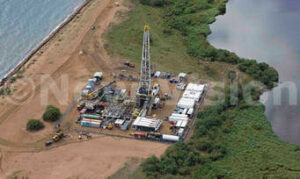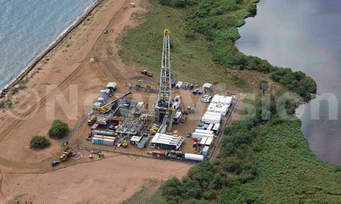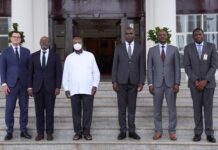By Leilah Bbaale
 With the governments of Uganda and Tanzania with oil companies ready to sign the Final Investment Decision (FID) for the development of the oil fields and the proposed East African Crude Oil Pipeline (EACOP) Oil, experts have warned that Ugandans might miss out on employment opportunities.
With the governments of Uganda and Tanzania with oil companies ready to sign the Final Investment Decision (FID) for the development of the oil fields and the proposed East African Crude Oil Pipeline (EACOP) Oil, experts have warned that Ugandans might miss out on employment opportunities.
The agreement will be between governments of Uganda, Tanzania and oil companies of French Total E&P and China’s CNOOC.
The jobs in production will be created at the installation and connection of pipelines to the oil fields and the refinery for both crude oil export and refined petroleum.
There will be more jobs created at the construction of a refinery and processing facilities, among other key infrastructures.
However, experts say for Ugandans to access such employments they need to have their technical skills certified by the internationally recognised institutes across the globe.
Ramathan Wagogo, Executive Director Petro Marine Uganda, says for one to get a job in the oil and gas sector there are policies mostly focusing on the safety of workers and internationally recognized skills certificates.
Alfred Stefan Cherukut, Director of Operation Ugentruck Engineering, says Uganda lacks people who have skills that are mandatorily needed, noting that such a small issue can knock you out at the procurement stage.
He says such jobs that need highly specialized skills include hoisting and lifting, welders, civil technicians, craftsmen, machine operators, and heavy-duty truck drivers, among others and these require international certification.
The Oil production sector at the peak, Cherukut says is most likely to employ between 11,000 to 15,000 people with expectations that the figures will shoot up.
Uganda currently has two recognized institutes offering petroleum courses that include, Uganda Petroleum Institute, Kigumba (UPIK) and Institute of Petroleum Studies.




